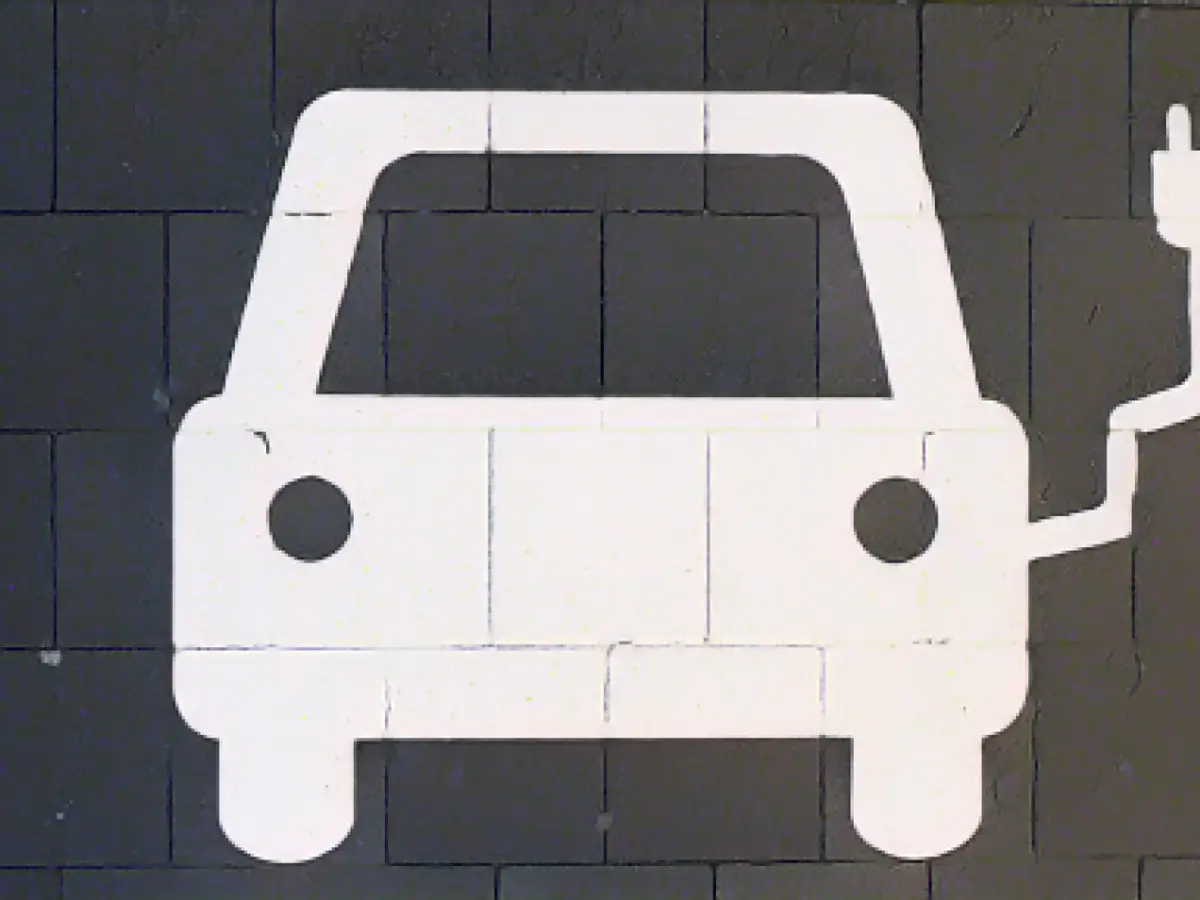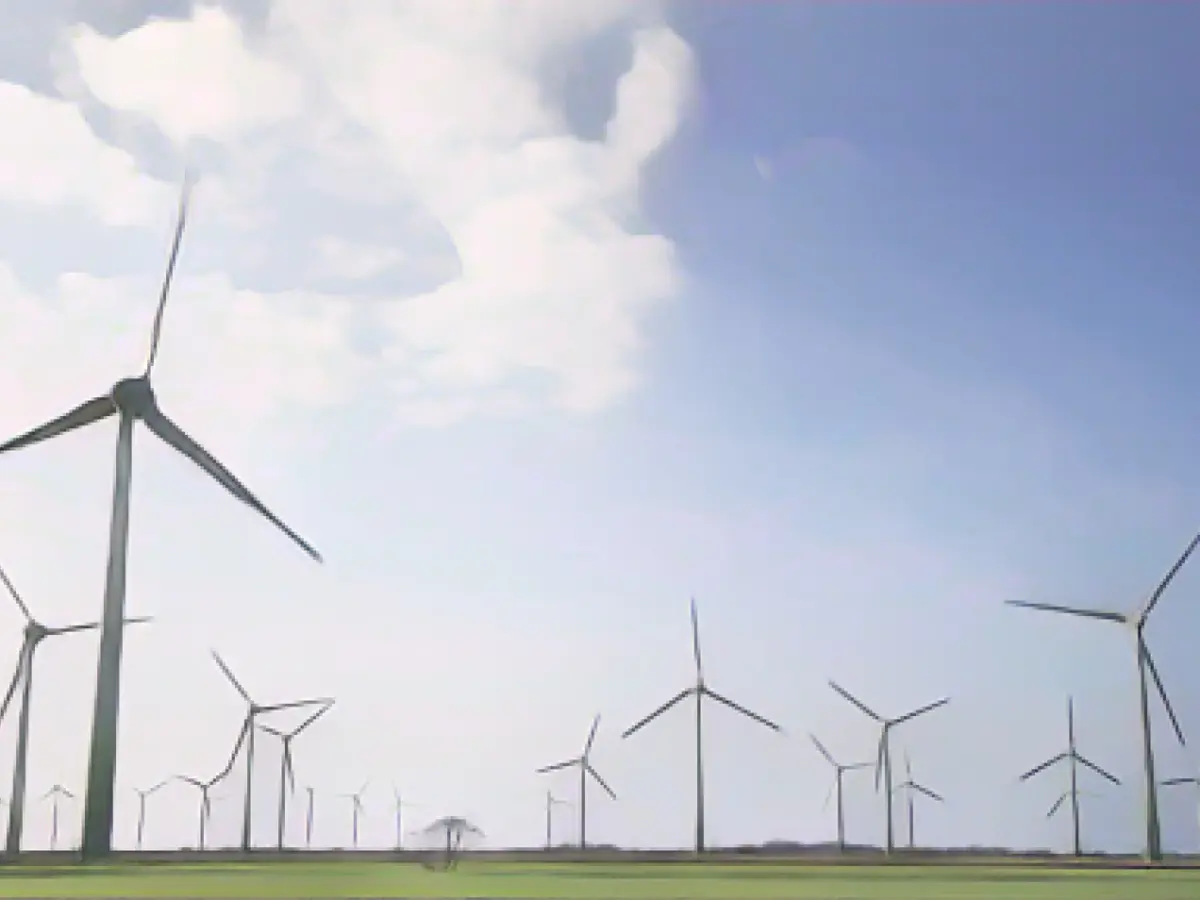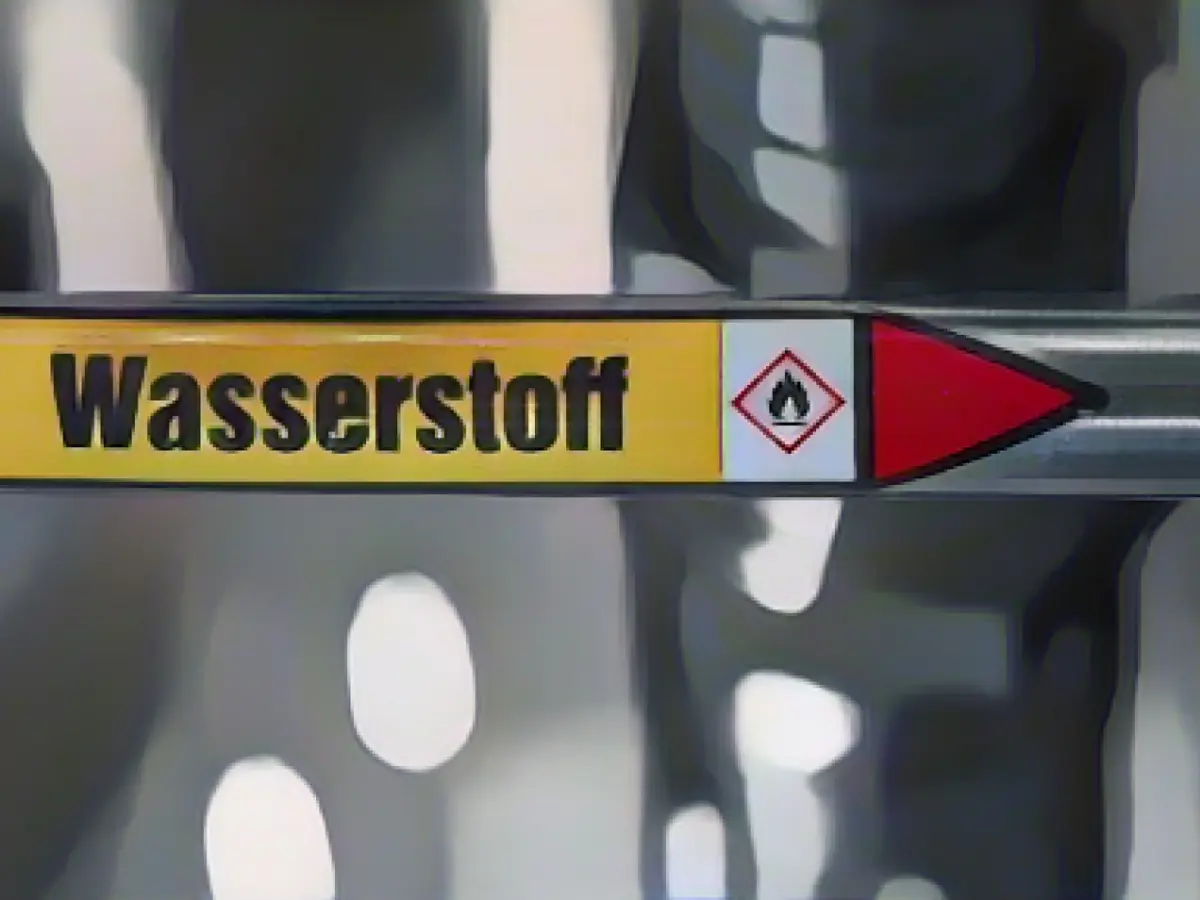It appears that electricity customers in northern Germany, particularly in areas with high rates of renewable energy production, are set to see some relief from high grid fees. The Federal Network Agency announced a plan in Berlin to distribute the costs of grid expansion more equitably among all electricity consumers in Germany. However, Mecklenburg-Western Pomerania's Energy Minister, Reinhard Meyer (SPD), expressed that the state's full expectations for a fair distribution of costs have not been met.
The new regulation deems that households and companies in regions with a high proportion of renewable energy expansion are to bear less of the grid expansion costs. This aims to prevent these regions from being disadvantaged further. The SPD minister emphasized his concern for a fair distribution of costs.
The State Association for Renewable Energies was hopeful about the changes, as the reform could lead to a reduction in electricity costs in the north-east. However, they expressed disappointment that the proposal to roll over distribution grid fees nationwide, in the same way as for transmission grids, was not included.
Local politicians in Mecklenburg-Vorpommern, such as Hannes Damm from the Greens, recognized that the reforms would likely lead to a significant reduction in grid fees in the north-east, potentially saving average households around 120 euros annually.
However, the Chamber of Industry and Commerce in Schwerin announced an additional increase in grid fees for 2024, keeping grid fees high in regions with high transmission grid energy requirements, like Mecklenburg-Vorpommern. In light of this, the fair distribution of electricity grid costs remains a complex and ongoing issue.
Further insights:
- Regions with a high degree of renewable energy expansion, like Mecklenburg-Western Pomerania, often have transmission grid infrastructure challenges to address. This requires significant investment in grid expansion and upgrades to accommodate the increased electricity generation from renewable sources.
- The Federal Energy Regulatory Commission (FERC) is working on reforms aimed at improving the fairness and efficiency of the transmission planning process. This includes the introduction of regional planning, independent transmission planners, and cost allocation methods to ensure equitable distribution of costs to all beneficiaries.
- Decarbonization and electrification goals are essential considerations in the transmission planning process. Including these goals in the planning can align infrastructure investments with the increasing use of renewable energy sources, ultimately leading to more efficient and cost-effective transmission infrastructure.
- The proposed plan to distribute the costs of grid expansion more equitably among all electricity consumers in Germany is regarded as a step towards fairer allocation of costs, benefiting regions with high renewable energy penetration.








